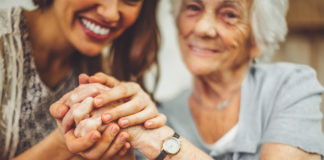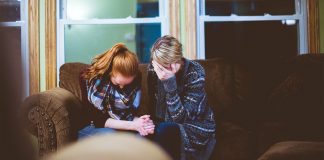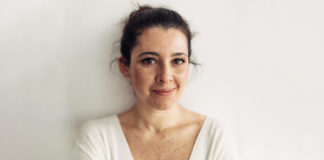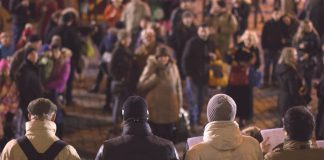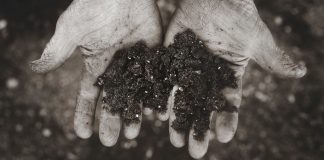The slalom between regrets and wrong estimates
In October 2012, Forbes magazine published a list of the top 25 biggest regrets people have. According to the magazine, the most significant regrets are those concerning relationships with family members and friends, regrets concerning oneself, and career regrets.
Don’t say I haven’t told you so…
During my adolescence, a Swiss author, Erich von Daniken, made waves with his theories about extra-terrestrial influences on early mankind. His most important book was called Memories of the Future. Of course, his ideas have no support today, but the idiom remains: memories of the future. Something from the past says something about what is to come.
Reviving compassion | What not to say to someone who is suffering
Although grief is a universal experience, we respond differently to its onslaught, so it's no wonder that words meant to comfort often add more suffering to an already heavy burden.
Beyond the fish and the fishing line
"Like slavery and apartheid, poverty is not natural. It is man-made and it can be overcome and eradicated by the actions of human beings… And overcoming poverty is not a gesture of charity. It is an act of justice." (Nelson Mandela)[1]
Loving yourself, flaws and all
In a society that is more concerned with form than substance, character ranks second. It is the power of the image that dictates things.
Websites with reliable information about COVID-19: How to choose our medical sources of information
Obtaining information in the medical field does not only pose theoretical or scientific problems—it also has very high stakes. Taking data and suggestions from providers who disseminate incorrect or incomplete information can lead to sickness or even death, because these sources provide ineffective or harmful treatment recommendations. What follows is a list of websites with reliable information about COVID-19 we recommend consult regularly.
What should we do about prejudice?
We walk into a room full of people and from the first second, we draw a conclusion about how we will feel in their company. And often what we intuited happens. How is this possible?
You are a Dirt Creature
Humans have been telling stories ever since the dawn of civilisation. What stories do we tell about ourselves and how do they affect our identity?
How to cherish the obstacles in your life
“What doesn’t kill you makes you stronger,” said Nietzsche in one of his essays back in 1889. Easier said than done when you’re facing unemployment, illness, rejection, or a blank exam paper. We tend to see these as things we need to get rid of. This can’t possibly be the life we wanted.
The house that has rebuilt a home
Some houses allow you to read the owners' story on their walls and through their windows. Although it happens less and less often, the most beautiful houses are built by those who mean to live in them. Cara Brookins and her children know very well how every beam or window in their house was put up, because they built it together.
COVID-19: The new mirror in which we look at our parents
How can we encourage the elderly during this time? How can we help them understand that we don't want to lose them and that, although it's hard for them, we didn't abandon them. I have an elderly mother and, honestly, it would help me a lot. Can you write for me?
When all direction is gone | How to survive adultery
Henri Nouwen once wrote about some trapeze artists who became his friends, emphasising the perfect synchronicity between them and the total trust that the one who jumps has when he lets go of the trapeze and remains in the air for a second, waiting to be caught by his teammate. But what if, at the last moment, when it is too late to...
The shame that changes us (or not)
If shame were personified, its main characteristic would be its ability to creep into the darkest depths, avoiding any trace of light and any discussion of itself.
“Thanks for coming over!” | Ageing and social relationships
Our number of friends tends to decrease as we get older, but this trend, which has many negative effects, can be actively combated even when old age has already set in.
The source of motivation
Motivation is more than simply having the desire to wake up each morning with enthusiasm and a zest for life.













